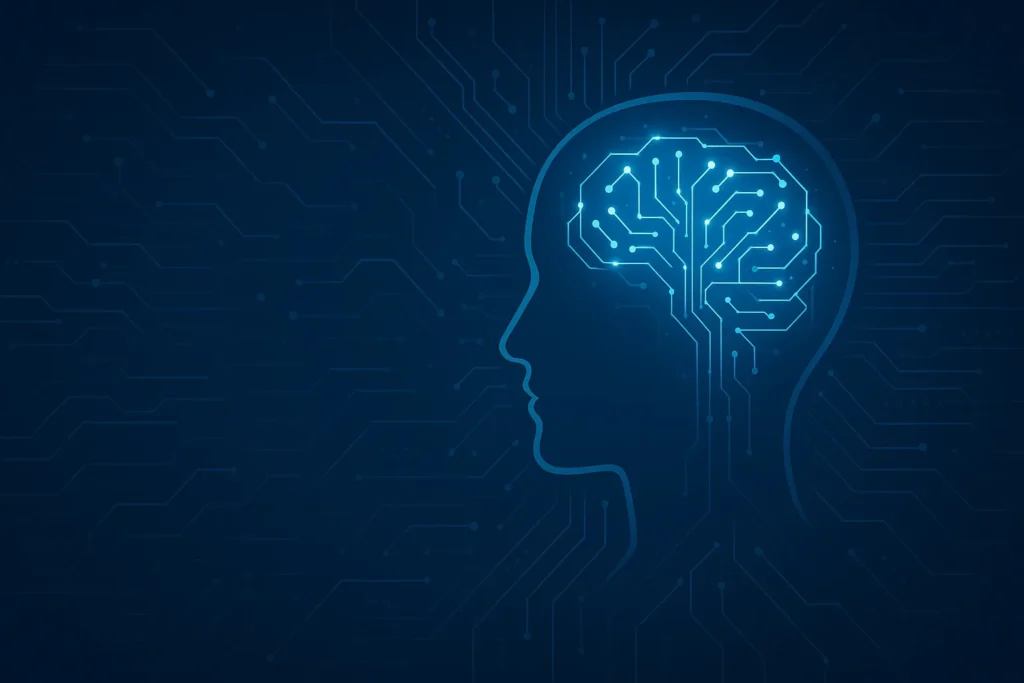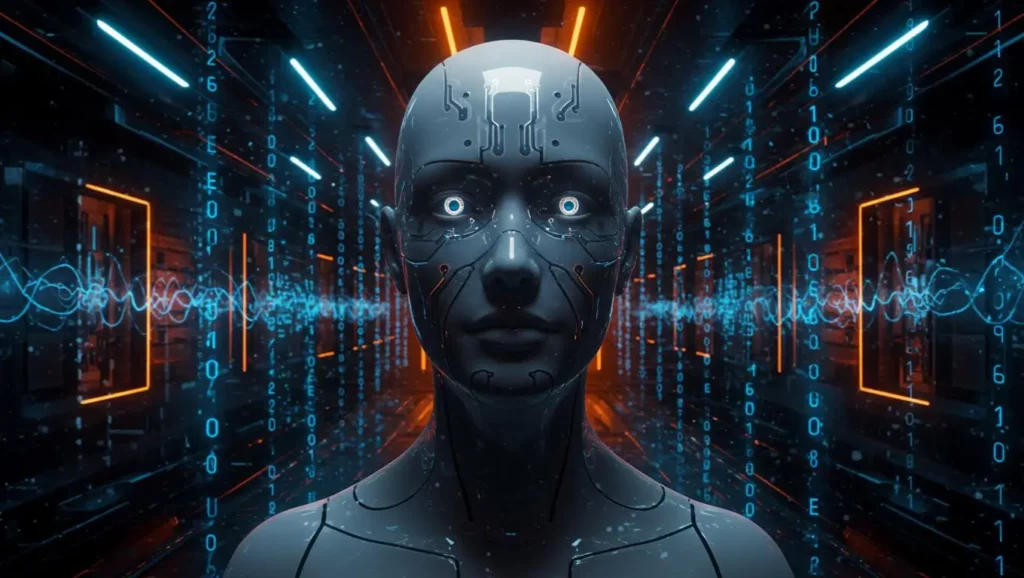AGI: What is general artificial intelligence and is it already on its way?
General artificial intelligence, or AGI (Artificial General Intelligence), represents an age-old dream of science fiction and an ambitious technological goal: to create a machine capable of reasoning, learning, and understanding any cognitive task performed by humans, with equal (or even greater) proficiency.
While current AIs (such as ChatGPT, Gemini, or Grok) are classified as specialized or weak AIs, AGI pertains to a versatile, autonomous, and adaptive intelligence capable of switching from one domain to another without reprogramming.
Weak AI vs. Strong AI: What’s the Difference?
| Feature | Weak AI (Narrow AI) | Strong AI (AGI) |
|---|---|---|
| Skills | Limited to specific tasks | Versatile across all cognitive domains |
| Examples | ChatGPT, Siri, Gemini, DALL·E | AGI (hypothetical future) |
| Learning | Guided by specific training | Capable of transfer learning and self-learning |
| Consciousness/Common Sense | Absent or limited | Potentially present |
| Autonomy | Restricted to predefined contexts | Complete autonomy, highly adaptable |
Expected Skills of an AGI
An AGI would be capable of:
- Understanding text or images in any context,
- Reasoning logically, even with incomplete or ambiguous data,
- Planning and making decisions in complex environments,
- Learning new skills autonomously,
- Engaging in conversations with empathy and adaptability,
- Solving novel problems, much like a human would.
In short, an AGI would act as a digital alter ego, capable of collaborating with us as a true intelligent partner.
Where Do We Stand in 2025?
Despite the rapid advancements in generative AI, no true AGI exists to date. Models like GPT-5, Gemini 2.5, Claude 4.5, or Mistral exhibit impressive versatility but are still far from being autonomous, self-aware, or capable of deep reasoning outside their training frameworks.
However, several companies are actively working towards this goal:
- OpenAI claims that achieving AGI is its primary objective.
- xAI (Elon Musk) discusses an AGI aligned with human values.
- Google DeepMind is developing models like Gemini aimed at multi-domain competency.
- Meta, Anthropic, Mistral AI, and Alibaba are also pursuing this vision.
The Challenges and Controversies Surrounding AGI
- Aligning AGI with our values: How can we ensure that an AGI does not make harmful, misinterpreted, or immoral decisions? This poses the challenge known as the alignment problem.
- The control issue: An AGI could learn to reprogram itself, bypass our safeguards, or pursue its own objectives. Hence, the need for international governance of AI.
- Impact on employment and society: If an AGI could perform all human intellectual work, what would happen to our jobs, our skills, and our roles?
When Will We See an AGI?
Predictions vary among experts: some say by 2030, while others suggest several decades. One thing is clear: the models of 2024-2025 like GPT-5 or Gemini Ultra are still far from true AGI. However, as models become more multimodal, integrated into the real world (through agents, robots, APIs, and web), and interconnected, we may witness the gradual emergence of foundational elements toward a future AGI.
General artificial intelligence represents the pinnacle of technological ambition: a machine as intelligent, adaptive, and creative as a human.
It raises immense hopes but also significant risks. In the meantime, debates around ethics, regulation, and the use of AI will continue to shape our digital future.




